30 years old, beautiful woman owns 1 billion USD start-up
When Melanie Perkins, 22, nervously pitched her startup idea to Silicon Valley, she followed a tip she read in a novel.
|
| Melanie Perkins - founder of design platform Canva. |
The college dropout flew from Perth, Australia to Palo Alto, California, USA to meet with renowned tech investor Bill Tai.
Melanie read that if you want to impress someone, you should mimic their body language. So, to gain support for her graphic design website, Melanie decided to put this theory into practice.
“It was funny,” said Melanie, now 30. “He sat there with his arm behind his chair, eating his lunch.”
“So I mimicked that, putting my hands behind my chair, trying to eat my lunch while selling him the future of publishing.”
The idea that Melanie calls “the future of publishing” is Canva – an online platform that allows anyone to easily design anything from a greeting card to a poster, a website or a wall calendar.
But the investor didn't seem to notice Melanie's mimicking of his posture, nor did he seem interested in her business idea.
“I don't think he liked my introduction at all, because he was on the phone the whole time,” she said.
Still, Tai was impressed enough to introduce Melanie to a network of other Silicon Valley investors, engineers, and developers. And eventually, he invested in Canva himself.
|
| Canva's interface. |
Canva is now worth $1 billion. Melanie’s company has 10 million users in 179 countries. The site creates 10 designs every second. Not bad for an idea that started on the couch at the house she shares with her mother in Perth.
Back in 2006, Melanie was a 19-year-old Commerce and Communications student at the University of Western Australia.
At that time, she was very frustrated because it took a lot of time to learn how to use mainstream design software.
“It can take a whole semester to learn the very basics,” she said. “Even the simplest tasks, like extracting a high-quality PDF file, can take 22 mouse clicks.”
While most people would just complain about it, Melanie spotted a business opportunity.
|
| Melanie, her boyfriend (middle) and Cameron Adams. |
She decided to build a design website that anyone could use easily. “I realized that in the future, design would be built online and much simpler.”
Melanie started experimenting on a small scale with her yearbook. She and her boyfriend Cliff Obrecht founded Fusion Books, a website that allows high school students to design their own yearbooks online.
A few years later, Fusion became Australia's largest yearbook publisher, before expanding to France and New Zealand. The business was so successful that Melanie decided to drop out of school to focus on it full-time.
Realizing that Fusion could be used for more than just yearbooks, she flew to California in 2010 to pitch the idea to potential investors, including a fateful meeting with Mr. Tai.
|
| During her three years in Silicon Valley, Melanie received hundreds of investment rejections, but she said it was a useful process for the team. |
Silicon Valley was a huge culture shock, Melanie says, due to the stark difference between American and Australian attitudes to self-promotion.
“In Australia, people tend to downplay their achievements. In Silicon Valley, where you’re trying to get investors or find an engineering team, you have to be able to really talk about your achievements.”
Perhaps due to this cultural difference, it took Melanie three years to find an investor in Silicon Valley. But when Canva launched in 2013, raised $3 million, and brought on board former Google executive Cameron Adams, Melanie says the wait was worth it.
“It was a very long time, and we got rejected hundreds of times. But I think that process actually helped us, because it meant that we had to refine and think about the strategy before we started. So when we got that investment, we were able to execute quite quickly and efficiently.”
While the website's basic service is free to use, it makes money by charging a subscription fee for access.
|
| Canva's Sydney headquarters has its own bar. |
Canva currently has over 200 employees and is headquartered in Sydney, Manila, and has an office in San Francisco.
Canva’s revenue doubled from $6.8 million to $23.5 million in the 2016-2017 financial year, according to Australia’s Financial Review. However, the company also lost $3.3 million and has yet to actually turn a profit as it focuses on scaling.
Canva is a private company, so its $1 billion valuation comes from the private investors and venture capitalists backing it.
Melanie remains the company’s chief executive officer, while her boyfriend Cliff is in charge of operations. The couple still own Fusion Books and have appointed a management team to run the business.
Danielle Logue, assistant professor at the University of Sydney's UTS Business School, says the key issue for Melanie – or any startup founder – is the importance of delegation.
“Picking the right people, hiring the right people is important. That’s also the real challenge for founders – letting go of their children.”
Melanie said she has big ambitions for the company.
“Our goal is to empower the world to design,” she said.

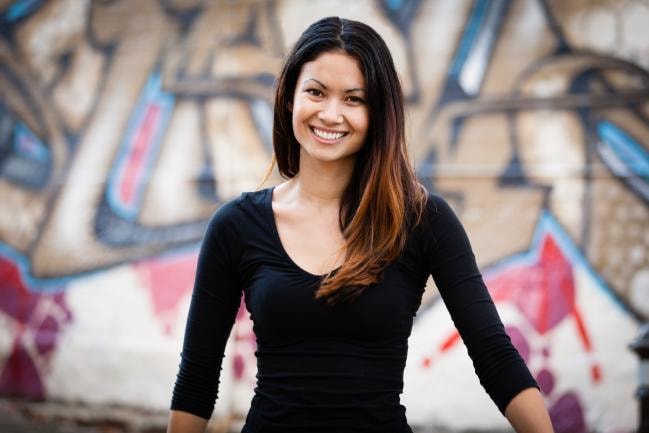
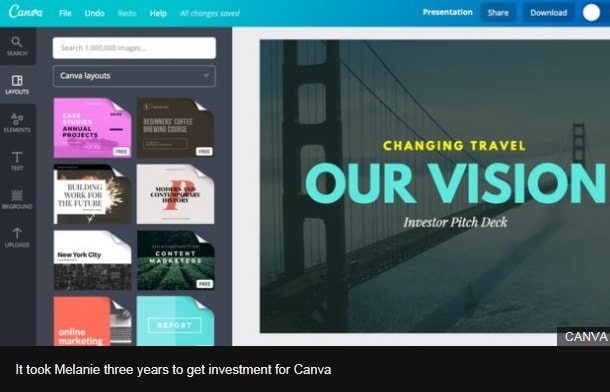
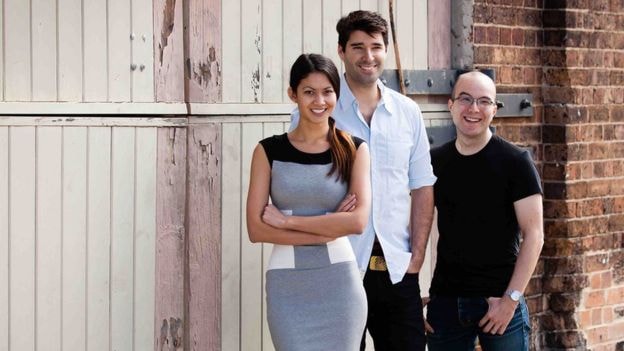
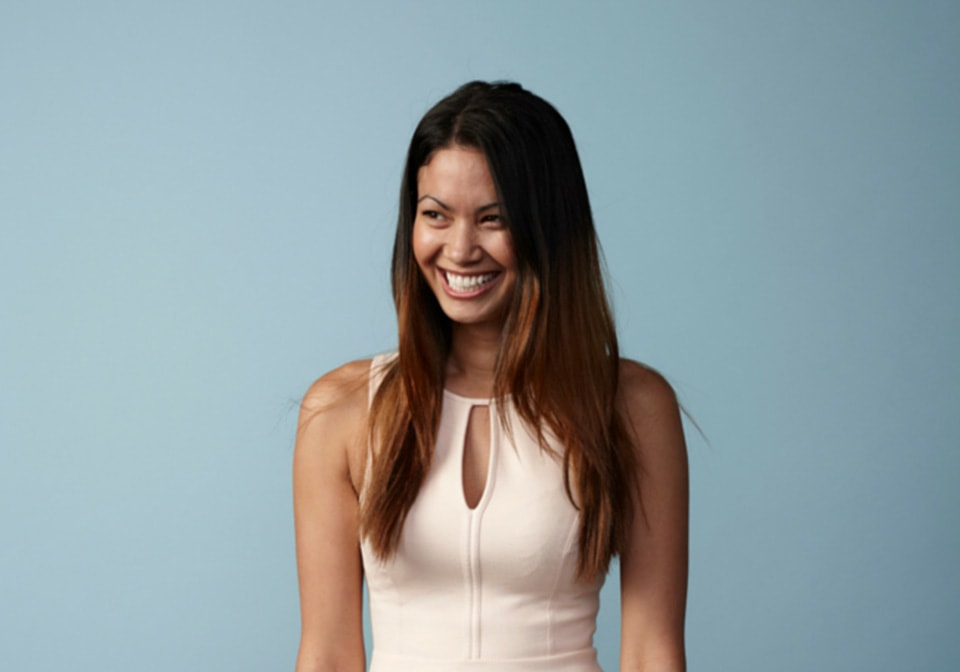
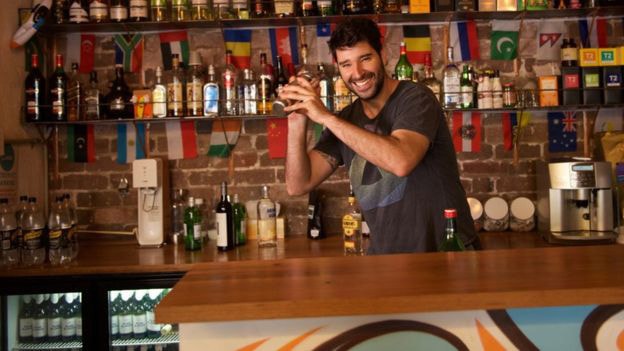






.jpg)
